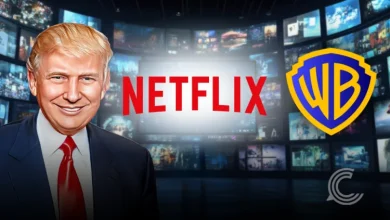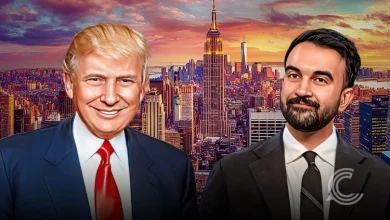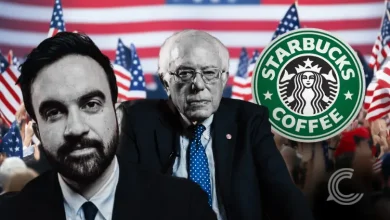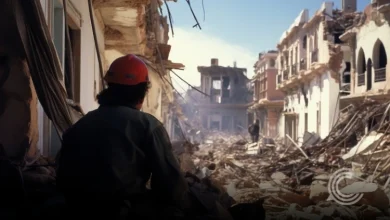Britain Urges Allies to Boost Ukraine Aid as Zelensky Visits London
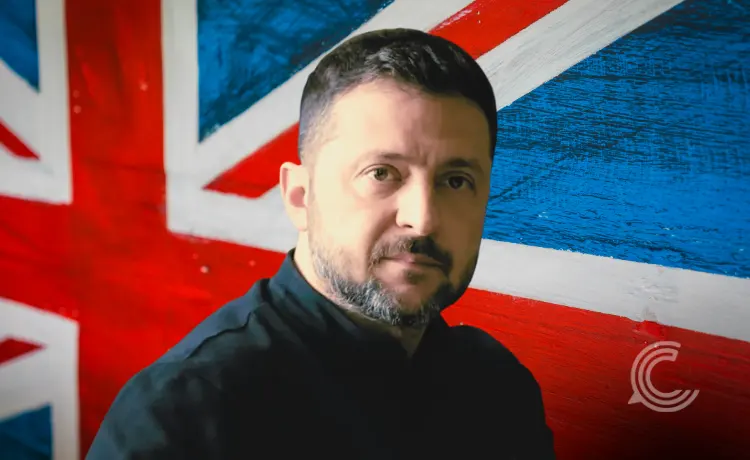
Key Highlights–
- UK pushes allies to unlock frozen Russian assets for Ukraine’s defense
- Zelensky meets King Charles and attends high-stakes talks with NATO leaders in London
- Moscow warns of a “painful response” as sanctions on oil and LNG deepen
Britain on Friday intensified diplomatic efforts to rally Ukraine’s Western allies as President Volodymyr Zelensky landed in London for a crucial round of talks. The Zelensky London visit comes amid renewed discussions on using frozen Russian assets to strengthen Kyiv’s position in any future peace negotiations with Moscow.
Zelensky’s London Visit: A Diplomatic Push for Unity
British Prime Minister Keir Starmer said he would press the so-called “Coalition of the Willing” to take decisive steps, including removing Russian oil and gas from global markets and providing Ukraine with long-range missile systems. “Time and again we offer Putin the chance to end his needless invasion,” Starmer said, “but he repeatedly rejects peace. We must ratchet up the pressure and build on President Trump’s decisive action.”
EU Divided Over Frozen Russian Assets
European Union leaders agreed this week to cover Ukraine’s “pressing financial needs” for the next two years but stopped short of endorsing a broader plan to channel frozen Russian assets into a $50 billion support fund. Belgium, where most of these assets are held through Euroclear, raised legal and financial concerns that delayed consensus.
Zelensky had earlier urged European leaders in Brussels to move forward with the plan, arguing that the seized assets should directly fund weapons and reconstruction. “This money must work for peace and protection, not sit idle,” he told reporters, calling it a moral and strategic necessity.
Support from the US and Britain
The London talks follow US President Donald Trump’s surprise sanctions against Russia’s two biggest oil firms, Lukoil and Rosneft, marking a sharp escalation after months of restraint. Zelensky praised the move, calling it a “dramatic U-turn” that sent a clear message of unity against the Kremlin’s aggression.
Starmer, echoing Washington’s tone, emphasized that Western solidarity is critical. “We are building a coordinated wall of economic and political pressure,” he said, promising that Britain would continue to support Ukraine “for as long as it takes.”
The Zelensky London visit also included meetings with NATO Secretary General Mark Rutte, Dutch Prime Minister Dick Schoof, and Danish Prime Minister Mette Frederiksen, as allies sought to align military strategies before winter.
Russia Warns of Retaliation
Moscow swiftly condemned the discussions, warning of a “painful response” if Western nations seize or redirect its frozen assets. Russian President Vladimir Putin said the new sanctions were “unfriendly” but downplayed their potential economic impact, asserting that Russia had “diversified its energy routes and trading partners.”
The Kremlin also reacted sharply to the EU’s 19th sanctions package, which includes a full ban on Russian liquefied natural gas (LNG) imports. Analysts say the move could further squeeze Moscow’s revenue while tightening global energy supply chains already under strain.
Royal Support and Symbolic Diplomacy
Zelensky’s first stop during his London visit was Windsor Castle, where he met King Charles III, a symbolic moment underscoring Britain’s enduring support for Ukraine. The King, who had previously hosted Zelensky after his tense meeting with Trump in February, expressed “continued admiration” for Ukraine’s resilience and the courage of its people.
The day’s talks blended diplomacy and symbolism, reaffirming the UK’s role as a leading voice in Europe’s support for Kyiv. As the Zelensky London visit concluded, discussions hinted at a renewed transatlantic effort to starve Russia’s war machine while fortifying Ukraine’s long-term defense.
